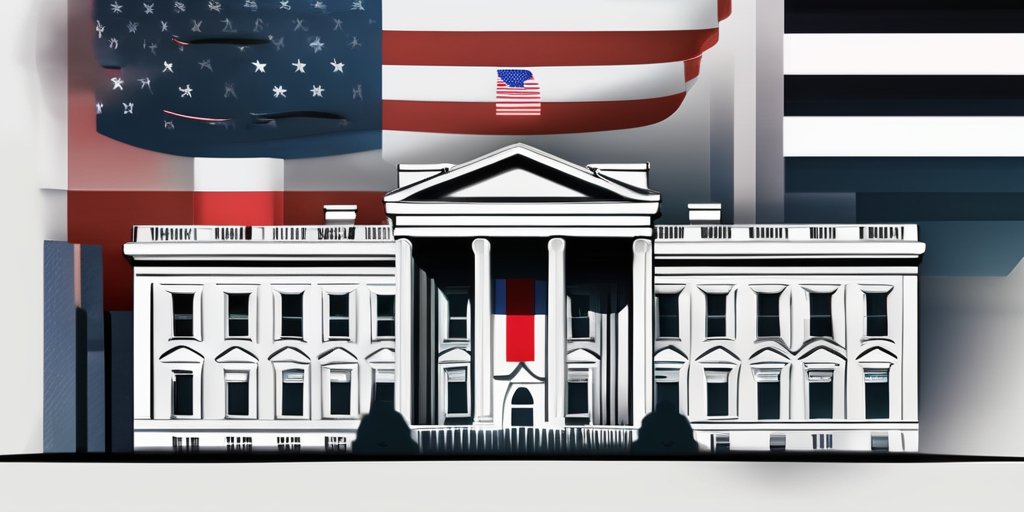In a significant turn of events, the White House has announced that Canada’s Prime Minister Mark Carney, under pressure from President Donald Trump, has decided to rescind a planned Digital Services Tax (DST) on major US technology companies. This decision follows a contentious period of trade negotiations between the two countries after Trump returned to office as the 47th President of the United States.
The DST, which was set to impose a 3% levy on revenues of US tech giants like Amazon, Google, Meta, and Apple exceeding $20 million in Canada, was aimed at addressing the taxation issues faced by large companies operating without paying their fair share in Canadian taxes. However, amidst escalating tensions and threats from Trump to raise tariffs, Canada announced on Sunday that it would halt the collection of payments due on this digital tax.
White House Press Secretary Karoline Leavitt remarked, “President Trump knows how to negotiate, and he knows he is governing the best country and the best economy in this world.” During a briefing, she referred to the intended tax collection as a mistaken move by Canada, labeling its removal as a significant victory for American tech firms and workers.
This announcement comes as Canada’s finance minister François-Philippe Champagne formally stated the tax would be rescinded, reiterating Canada’s preference for a multilateral approach to taxation of digital services. The tax was initially introduced in 2020 but had not been enforced until this year, where it was anticipated to cost tech companies over C$2 billion ($1.5 billion) in its first year.
Opposition figures in Canada, notably Pierre Poilievre, criticized the decision as a capitulation, describing the last-minute withdrawal from the planned tax legislation as a form of compromise that undermined Canadian interests. Poilievre has called for reciprocity in ongoing trade discussions, urging Carney to demand that the US lift existing tariffs on softwood lumber in return.
As tax reforms take center stage globally, many nations have begun reassessing how they tax large multi-national tech firms. Yet, the swift resolution between Trump and Canada underscores the continuing complexities of international trade and diplomacy, especially in the context of American economic interests.
